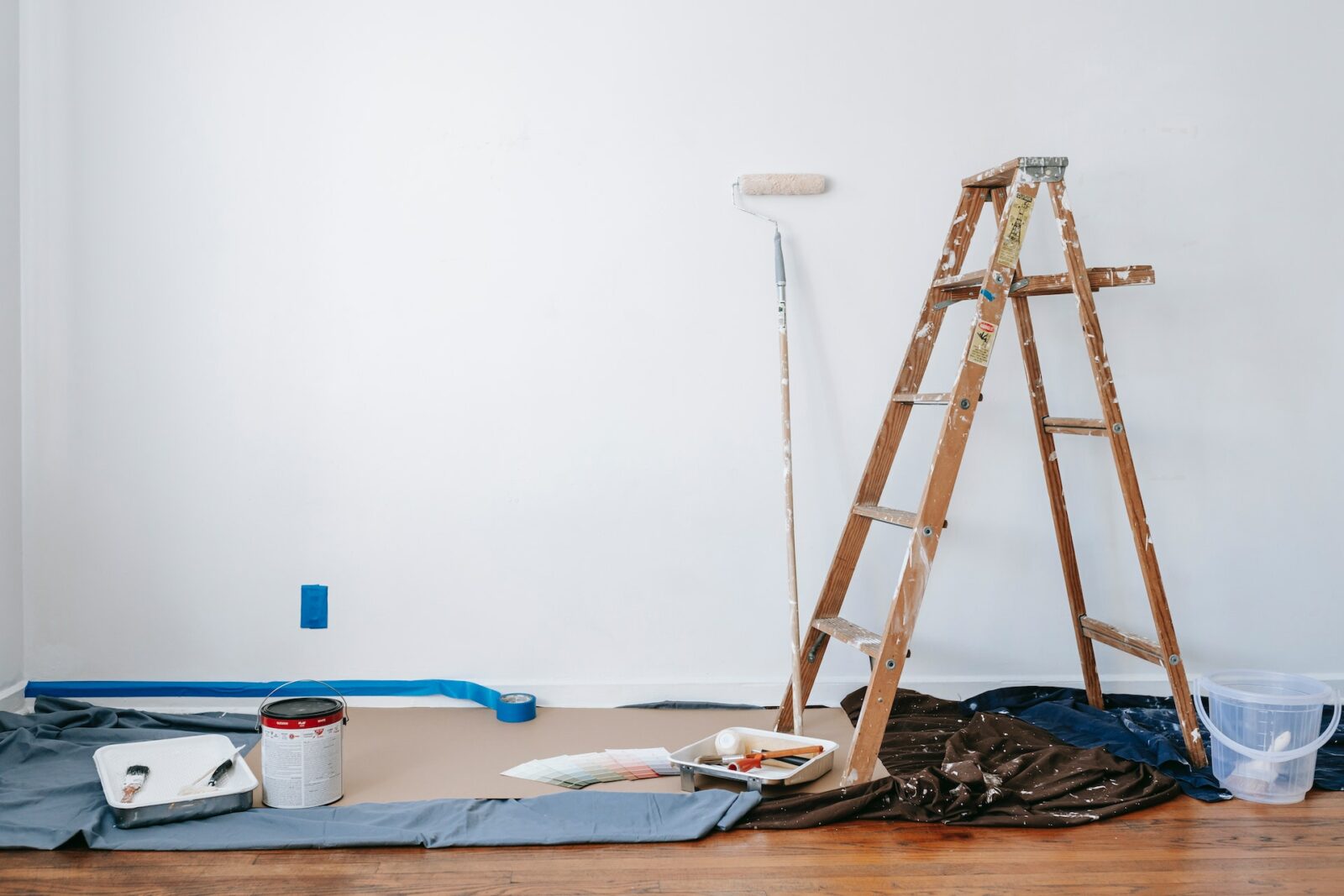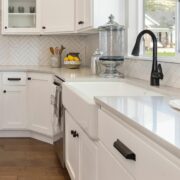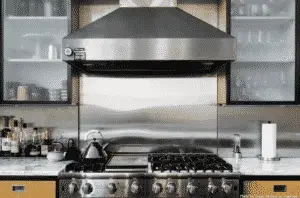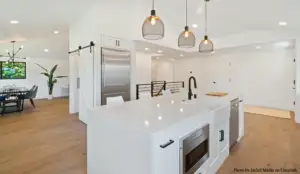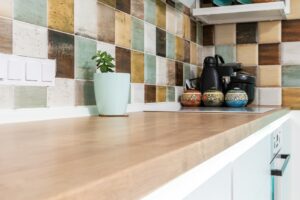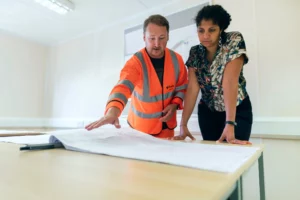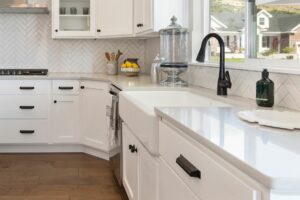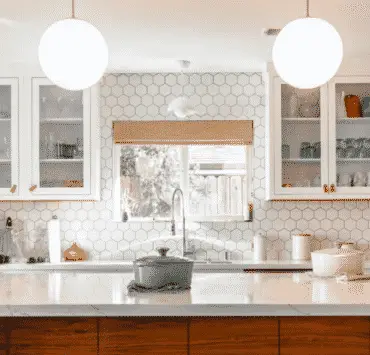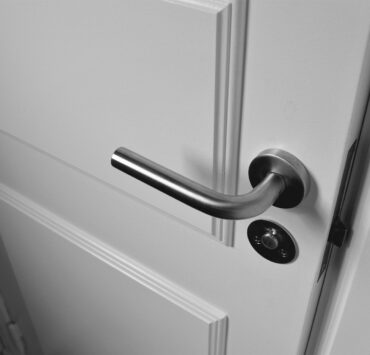Planning to go DIY for your home remodeling project? Here are some of the important dos and don’ts to keep in mind for an optimal home remodeling experience.
Do’s Of DIY Home Remodeling
Research And Plan It Out
Before starting any DIY home remodeling project, it’s important to do your research and plan out the project in detail. This includes researching the steps involved in the project, the materials and tools required, and the cost estimates. It’s also important to consider the timeline for the project and whether it can be completed within the timeframe you have in mind.
Gather Necessary Tools And Materials
Having all the necessary tools and materials before beginning a project can save you time and money in the long run. Make a list of all the tools and materials you will need and ensure that you have them on hand before starting the project.
Hire A Professional (If Needed)
If you are unsure of your ability to complete a task, it’s important to hire a professional to do the job. This can save you time, money, and potential mistakes that can be costly and dangerous.
Create A Budget
Creating a budget and sticking to it is essential for any home remodeling project. It will help you stay on track financially and ensure that you are able to complete the project within your means.
Wear Safety Gear
Safety is a top priority when undertaking any DIY home remodeling project. Always wear protective gear, such as goggles and gloves, and follow proper electrical and plumbing guidelines to avoid accidents and injuries.
Measure Accurately
Proper measurement and marking of areas before cutting or drilling is essential to ensure a optimal home remodeling project.
Keep Your Workspace Clean And Organized
Keeping a clean and organized work space can help prevent accidents and injuries. This includes cleaning up debris and waste, and properly storing tools and materials.
Test Electrical And Plumbing Systems
Always test electrical and plumbing systems before closing up walls or floors to ensure that they are working properly and to prevent potential problems down the road.
Use Only High-Quality Materials
Using high-quality materials and products can ensure that your project is long-lasting and durable. This can save you money and time in the long run as you won’t have to replace or fix the project anytime soon.
Enjoy The Process
Remember to enjoy the process and take pride in your work. You will feel a sense of accomplishment when the project is completed, and it will be a source of satisfaction for years to come.
Don’ts of DIY Home Remodeling
Opt For Remodels That You Do Not Know About
Starting a project that is beyond your skill level or if you are unsure of your abilities can lead to mistakes, accidents and possible injuries. It’s best to hire a professional if you are unsure of your ability to complete a task.
Use Low Quality Products
Don’t Skimp on materials or using cheap, low-quality products can lead to poor quality work and the need for frequent repairs. This can be costly in the long run.
Ignore Safety Protocol
Neglecting safety precautions or ignoring building codes and regulations can lead to accidents, injuries, and potential legal issues.T
Take Shortcuts
Rushing through a project or taking shortcuts can lead to mistakes, poor quality work, and the need for frequent repairs. It’s important to take your time and complete the project correctly and efficiently.
Take Accurate Measurements
Neglecting proper measurement and marking can lead to mistakes and incorrect cuts or drill holes, which can be costly and time-consuming to fix.
Ignore Warning Signs
Ignoring warning signs or symptoms of damage or wear and tear can lead to larger and more costly repairs in the future.
Neglect Property Tests And Inspection
Neglecting to properly test and inspect electrical and plumbing systems before closing up walls or floors can lead to problems and potential hazards down the road.
Ignore Hazards And Risks
Ignoring potential hazards or risks, such as mold or asbestos, can lead to health risks and potential legal issues.
Neglecting Cleaning Up
Neglecting to clean up and properly dispose of debris and waste can lead to accidents and potential environmental hazards.
Avoid Taking Before And After Photos
Taking before and after photos can serve as a reminder of the progress you’ve made and the hard work you’ve put into your project. It also can be a source of pride and inspiration for future optimal home remodeling projects.
